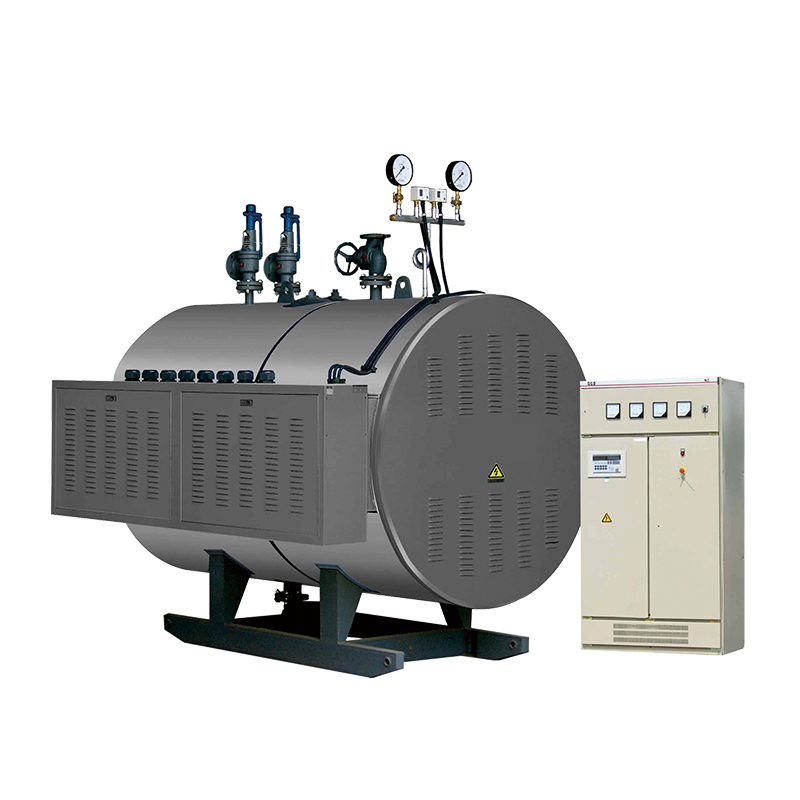CE Certification for Heat and Hot Water Boilers Compliance and Standards Guide
CE Certification for Heat and Hot Water Boilers
The CE certification is crucial for heating and hot water boilers, as it signifies compliance with European safety, health, and environmental protection standards. The marking is mandatory for products being sold in the European Economic Area (EEA), which includes EU member states as well as Iceland, Liechtenstein, and Norway. The CE mark assures consumers and regulators that a product meets all necessary EU regulations, thus facilitating smoother trade across national boundaries.
Heat and hot water boilers are essential in residential, commercial, and industrial settings, providing reliable heating solutions. With the increased demand for energy efficiency and sustainability, manufacturers are required to evolve their designs and production processes continually. As a result, obtaining CE certification not only demonstrates compliance but also enhances a manufacturer's credibility in a competitive market.
To achieve CE certification, manufacturers must adhere to specific directives, such as the Boiler Efficiency Directive, the Pressure Equipment Directive, and the Ecodesign Directive. These regulations mandate rigorous testing and validation processes to ensure that products are safe and perform well under various conditions. Compliance typically involves a thorough evaluation of manufacturing processes, quality control measures, and product specifications.
ce certification heat and hot water boiler

Once a boiler meets the necessary requirements, the manufacturer must draft a Declaration of Conformity that outlines how the product aligns with EU directives. This document must accompany all CE-marked products and should include technical documentation, test results, and risk assessments. Furthermore, it is essential for manufacturers to maintain proper documentation to show compliance during market surveillance inspections by regulatory authorities.
The benefits of CE certification extend beyond regulatory compliance. It also signals to consumers that a product is reliable and safe, which can be particularly beneficial in a market where customers are increasingly aware of environmental issues. Consequently, manufacturers who invest in obtaining CE certification can gain a competitive advantage by attracting environmentally conscious consumers and enhancing brand loyalty.
In addition to the benefits for manufacturers, CE certification also plays a critical role in ensuring consumer safety. The rigorous testing processes required for certification help to minimize the risk of accidents, malfunctions, or inefficiencies. This is particularly important for heat and hot water boilers, which, if not properly regulated, could lead to hazardous situations such as explosions or carbon monoxide leaks.
In conclusion, CE certification is not merely a bureaucratic hurdle; it is an essential aspect of the heating and hot water boiler industry. It ensures that products are safe, efficient, and environmentally friendly—essential qualities in today's market. For manufacturers aiming to compete in the European market, investing in the pathways to obtain CE certification is vital for sustainability, consumer trust, and overall business success.
-
Top Electric Steam Boiler Manufacturers | Industrial Steam SolutionsNewsJul.26,2025
-
Top Electric Steam Boiler Manufacturers – Reliable Industrial SolutionsNewsJul.25,2025
-
Top Electric Steam Boiler Manufacturers – Reliable Industrial SolutionsNewsJul.24,2025
-
Top Electric Steam Boiler Manufacturers – High Efficiency & ReliabilityNewsJul.23,2025
-
Best China Steam Boiler Price for Efficient Industrial HeatingNewsJul.22,2025
-
Top Electric Steam Boiler Manufacturers - High-EfficiencyNewsJul.21,2025

